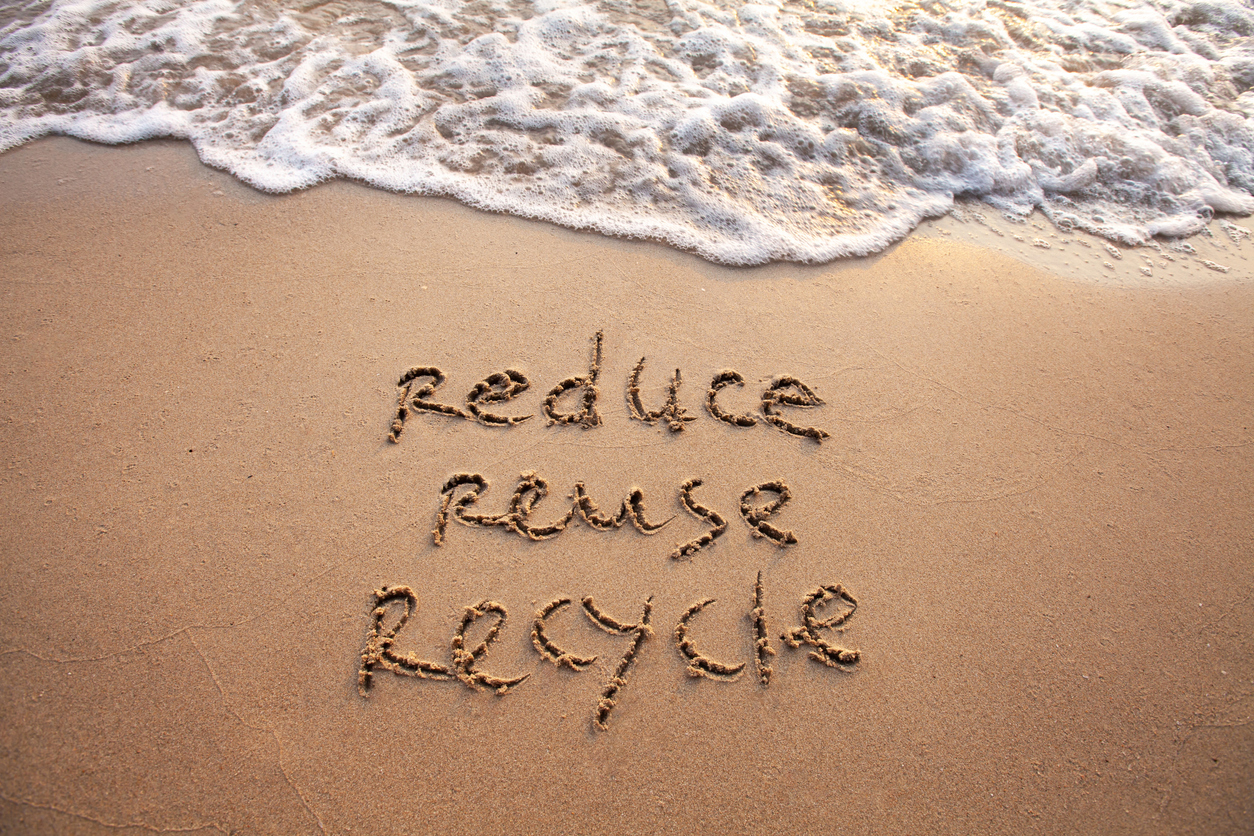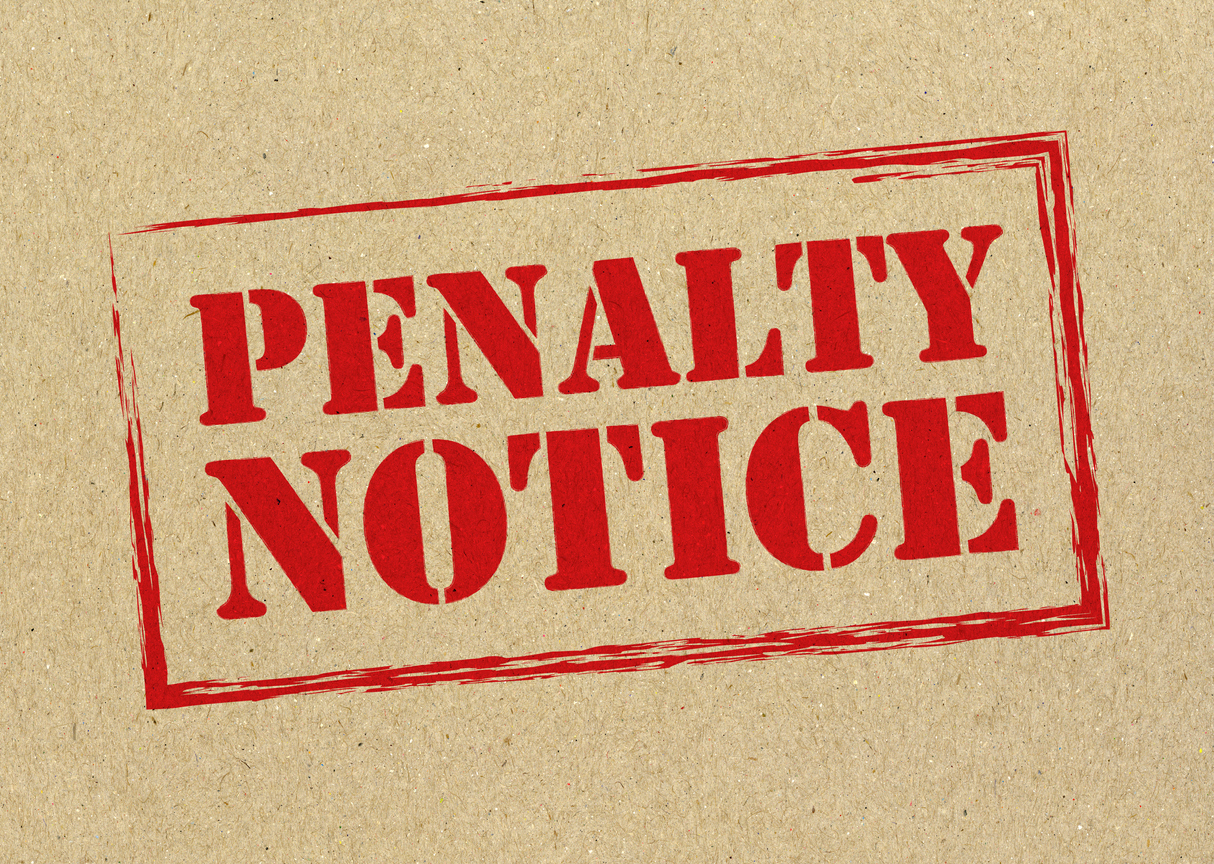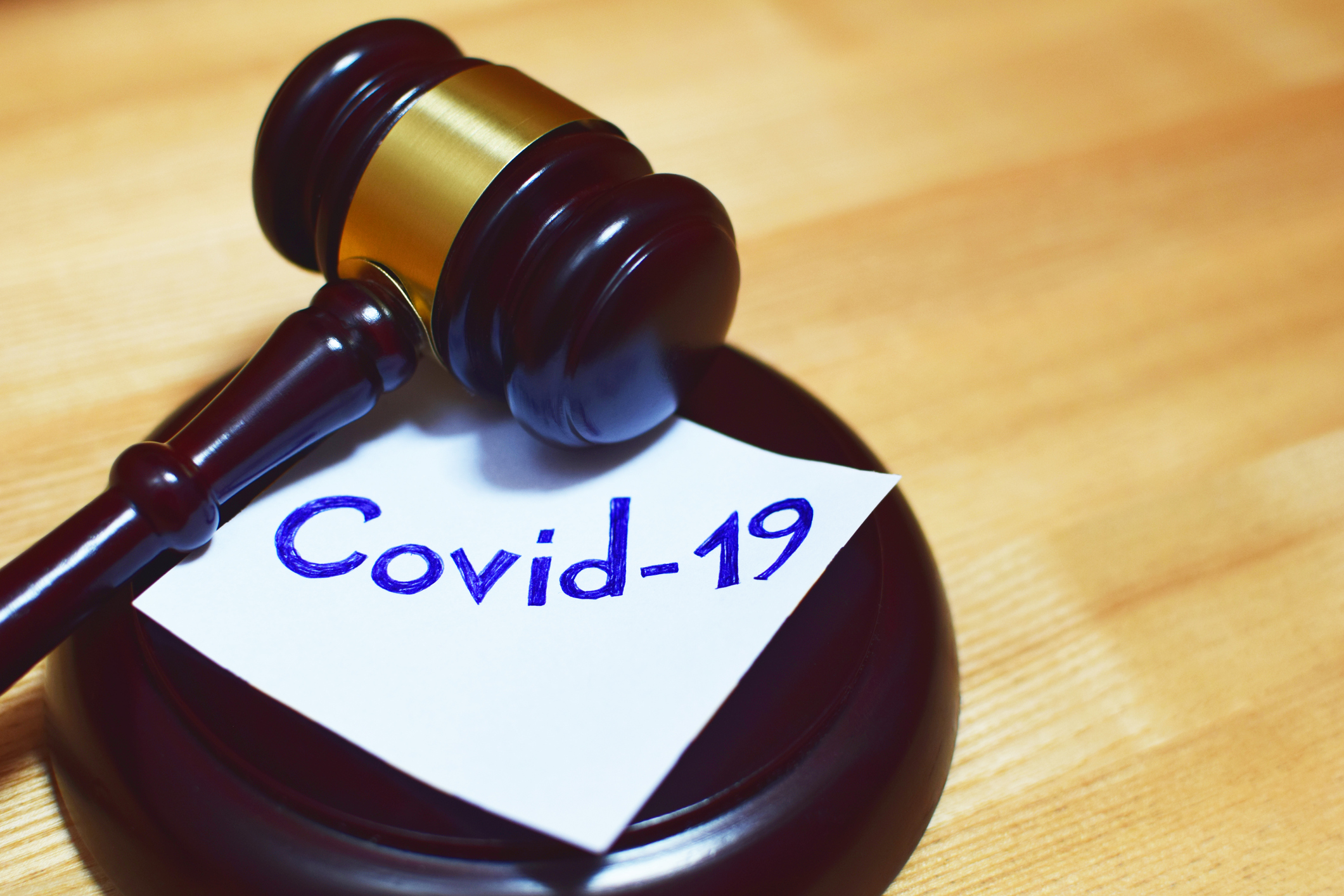
Planning Law Basics – Environmental Impact Assessment
Date: 29/10/2021 | Environmental, Planning, Real Estate, Residential Development
What is Environmental Impact Assessment?
“EIA” is an exercise carried out by developers prior to applying for development consent. It identifies and evaluates the predicted environmental impacts of their proposals and considers how to make them more sustainable (for example, by avoiding, minimising, or offsetting any adverse impacts).
Different sets of EIA regulations apply in different situations. EIA is required for some, but not all, development. This can be confirmed through “Screening”. If EIA is necessary, this may be followed by a separate “Scoping” exercise, to confirm the issues to be assessed in that EIA. The scope of EIA will be specific to the type of development concerned, its location and the planning and environmental policies that apply to it.
EIA may cover a range of issues, such as biodiversity, cultural heritage, socio-economics, traffic and transport, air quality, noise, landscape and visual impacts, geology and hydrology. The cumulative impacts of the proposals are also taken into account, to enable the assessment of their combined effect with other developments. Specialist advisors are appointed to carry out technical studies and provide professional opinions on the predicted impacts of the proposals.
The EIA process, conclusions and recommendations are recorded in an “EIA Report”, which is submitted in support of the consent application and informs the decision-making process.
EIA is public-facing and collaborative. It requires consultation with a range of stakeholders, including statutory bodies (such as the Scottish Environment Protection Agency and Historic Environment Scotland), community groups and members of the public.
Who does EIA affect?
- Developers, of the proposals in question and of other schemes which might have (or suffer) a cumulative impact. Issues identified in an EIA can directly influence what planning conditions or Section 75 planning obligations are imposed on a development consent, to regulate predicted adverse impacts.
- Planning authorities and decision-makers, who must consider the EIA in determining consent applications.
- Consultees, who may need assistance in interpreting EIA information, to decide whether to support or object to proposals, seek amendments to the design or controls on operations, challenge any decisions made by public bodies or negotiate agreements with the developer.
How can Davidson Chalmers Stewart help?
EIA is a complex area and the subject of much litigation. Robust EIA can be crucial to the success or failure of a consent application and the terms on which consent is granted. Davidson Chalmers Stewart offers procedural and strategic advice at all stages of EIA and in relation to challenges and appeals.
We guide developer clients through the EIA process and work closely with teams of technical advisors to clarify the relevant legal requirements, audit EIA reports prior to submission and advise on consenting strategy to maximise the chances of obtaining consent.
We assist objectors and consultees in making representations to decision-makers based on EIA findings, seeking improvements to what is proposed and negotiating community benefit or other agreements with various parties.
Please contact Jacqueline Cook, Head of Planning Law, to find out more.

























































































